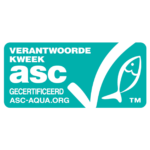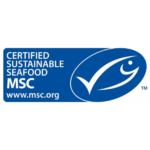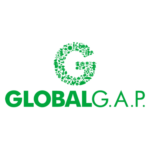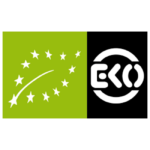Meagre
Europe (FAO 5)
All aquaculture methods
- Jan
- Feb
- Mar
- Apr
- May
- Jun
- Jul
- Aug
- Sep
- Oct
- Nov
- Dec
Meagre is a carnivorous fish with high dietary requirements and FFDRFFDR:
The Forage Fish Dependency Ratio (FFDR) quantifies the environmental impact of aquaculture feed based on the inclusion level of forage fish marine ingredients. , indicating that the feed contains relatively large proportions of fish mealfish meal:
Fishmeal is, together with fishoil, a very important ingredient used in fishfeed for aquaculture production. Fishmeal is derived from wild-caught fish which are often not caught sustainably. and fish oilfish oil:
Fishoil is, together with fishmeal, a very important ingredient used in fishfeed for aquaculture production. Fishoil is derived from wild-caught fish which are often not caught sustainably.. The main feed producers for Meagre are GlobalGAPGlobalGAP:
GLOBALG.A.P. (Global Good Agriculture Practice) is a non-profit organisation that aims to ensure the traceability and food safety of farmed fish products. GLOBALG.A.P. also manages a certification programme for the production of fish feed and fish meal. certified, which improves traceability of feed sources.
Farming in cagesCages:
A cultivation technique with open cages in the sea, lake or river. They are anchored to the bottom and are standing in places sheltered for storm and high waves. Most salmon is grown in this type of culture system. Because the cages are in open connection with the surrounding water, the impact on the environment is high. mainly takes place at sea. This type of farming can have a major impact on the ecosystem through waste products being directly discharged into the surrounding environment. In addition, escapesEscapes:
It may happen that farmed animals escape during the farming process, for example when farming at sea or in rivers. This can lead to genetic mixing between the farmed animals and wild populations and can have negative effects on the growth and fertility of wild animals. are also known to occur regularly. Both genetic mixing of farmed fish with wild fish and transmission of diseases can have a major impact on the ecosystem.
The legal framework for aquaculture in Europe is strong and most environmental and social issues are addressed. ManagementManagement:
The regulations surrounding fisheries and aquaculture that ensure that production is carried out within legal frameworks and that sustainability can be assured. of this species is largely effective.




